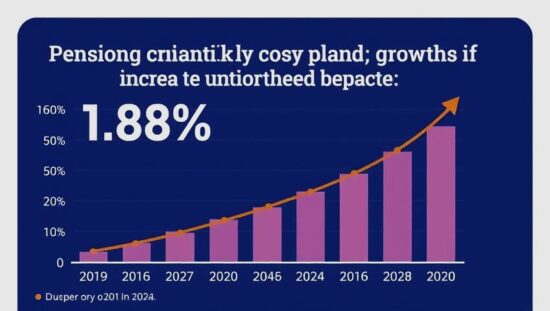The number of public sector pensioners in Germany increased by 0..8% in 2024 compared to the previous year, reaching a total of 1,406,100, according to the Federal Statistical Office (Destatis).
As of the beginning of the year, the average monthly gross pension was €3,240, remaining unchanged from the previous year. Additionally, 380,100 survivors received benefits, an increase of 0.4%. The expenditures for former state employees’ pensions in 2023 amounted to €54.8 billion, with an additional €8.6 billion for survivors, making up around 1.5% of the country’s gross domestic product (GDP).
In contrast, the number of pensioners in the federal sector decreased by 1.0% in January 2024, while in the state and local sectors, the number of pensioners increased by 1.5% and 2.8%, respectively. The state administration, with 464,100 individuals, remains the largest group, accounting for a third (33.0%) of all pensioners in Germany. Ex-employees of the German Federal Railways and Post, with 279,100 individuals, form the second-largest group, accounting for one-fifth (19.8%) of all pensioners.
Of the 57,600 new pensioners in 2023, 45,700 left the active service due to reaching the standard retirement age of 63 years and 9 months, with only 11,500 reaching the statutory retirement age (20% of new pensioners). The remaining 34,100 either reached an early retirement age or a special age limit, such as for those in the enforcement service or for career soldiers.
Furthermore, 10,200 people, or 18% of all new pensioners in 2023, were retired due to disability, with an average age of 56 years and 3 months at the time of retirement. The remaining 3% of pensioners were due to premature retirement regulations or other reasons.





